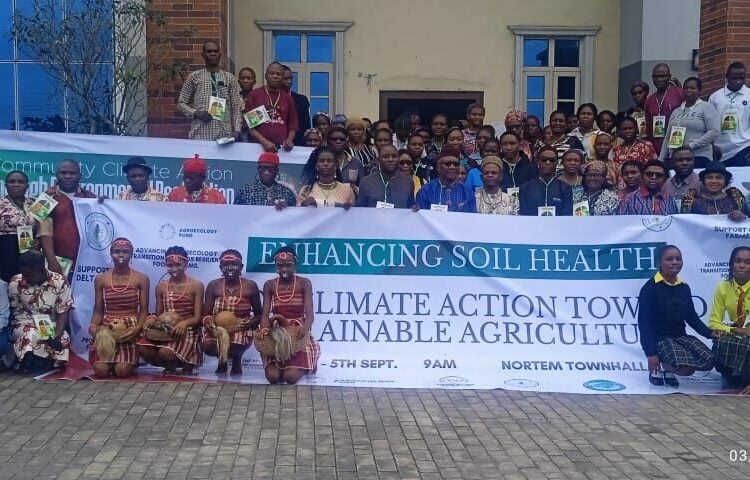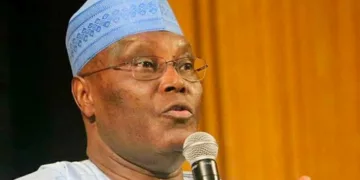In a bid to address soil contamination and contribute to remediation efforts in Ogoniland, a civil society organisation, Lekeh Development Foundation (LEDEF), has organised a three-day Agroecology Conference for farmers and stakeholders in the area.
Speaking at the opening session of the conference, which has its theme as: “Agroecology, Bioremediation and Climate Solutions: Enhancing Soil Health”, in Bori, Khana local government area of Rivers State, on Thursday, the director of LEDEF, Mr. Friday Mbani, harped on the need for communities to adopt agroecological practices as a way of restoring contaminated soil in Ogoni and African delta communities as a whole.
Nbani stated that the aim of the conference was to provide solutions to contaminated soil through training of farmers on soil remediation and agroecology, instead of waiting for the government and oil corporations.
He said that as part of the activities, the conference will provide training for 60 farmers who will step down the knowledge to other farmers in the communities across the four local government areas of Ogoni land.
He mentioned that LEDEF was working with the University of Port Harcourt’s Department of Microbiology and its partners in La Via Campesina to train 60 farmers in techniques that can transform poisoned earth back into productive farmland.
Nbani emphasised the need for the communities and their leadership to buy into the programme in order for it to succeed.
“These farmers will become village level trainers, spreading knowledge to hundreds more across Ogoni communities. We are not just treating symptoms, we are addressing root causes through bioremediation composting, crop rotation, and ecological restoration. When we succeed in restoring Ogoni soil, we create a model for delta communities across West Africa facing similar pollution.
“When we organise farmers into powerful networks, we strengthen the global movement for food sovereignty. When we demand reparations from Shell and other oil companies, we advance justice for all communities harmed by fossil fuel extraction,” he said.
Dr. Emem Okon, executive director, Kabetkache Women Development and Resource Centre, who delivered the keynote address titled “Pollution in Ogoni Land: Scientific Evidence and Community Impact”, emphasised that communities must have scientific evidence that link their problems to contaminated soil and polluted environment in order to be able to hold the government and oil corporations accountable.
“Scientific evidence has to do with communities and individuals, having evidence of impact. If we really want to have effective advocacy and campaigns that will benefit the people, we need to begin to put to use, and evidence of how they are impacted by the pollution.
“Yes, we have the UNEP report on Ogoni, we have the report of the Bayelsa Oil and Environment Commission, we need more case studies. We need specific evidence of how women have been impacted, of how men have been impacted, of how children have been impacted,” she stated.






